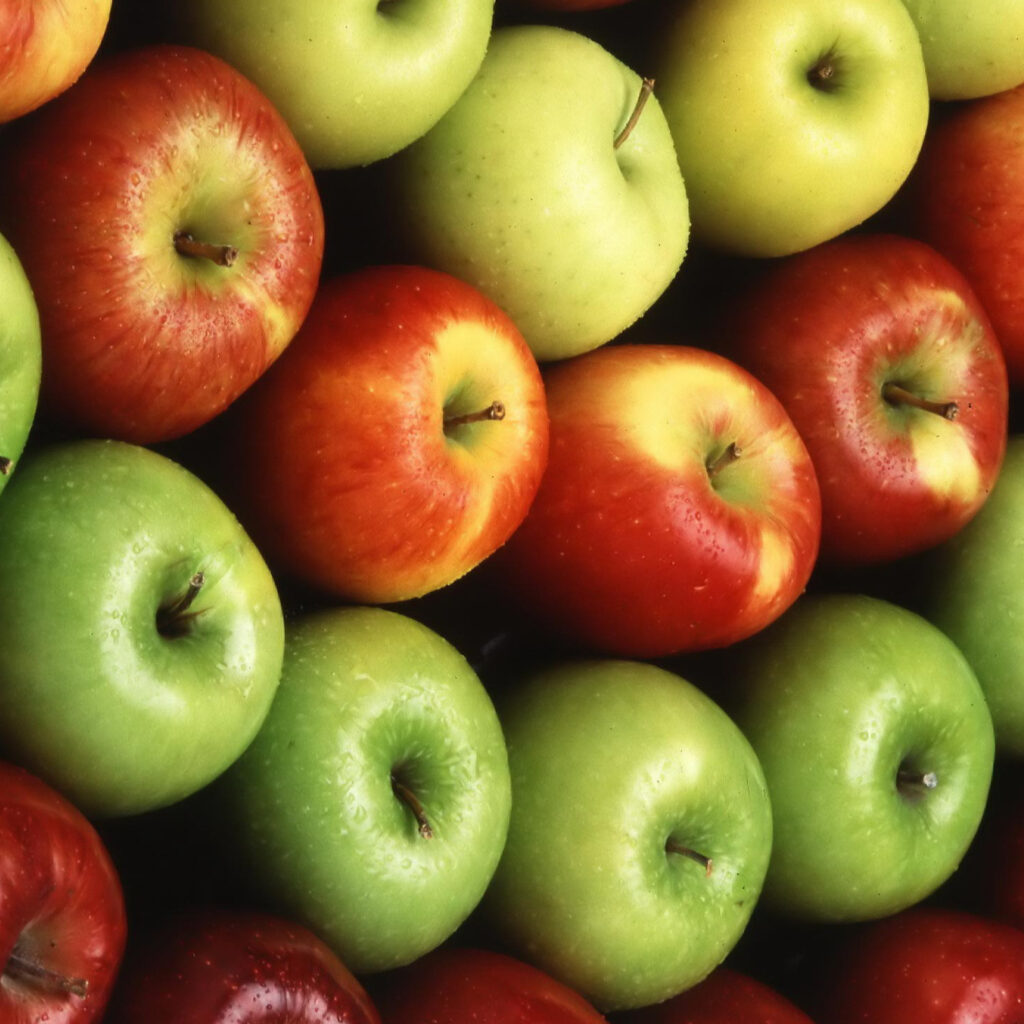Tomatoes are a popular fruit (often mistaken for a vegetable) that belong to the nightshade family, Solanaceae. Here’s some detailed information about tomatoes:
Nutritional Value
- Calories: Low in calories, typically around 18 calories per 100 grams.
- Vitamins: Rich in vitamins C, K, and several B vitamins, including folate.
- Minerals: Contains potassium, magnesium, and manganese.
- Antioxidants: High in antioxidants, particularly lycopene, which is linked to various health benefits.
Health Benefits
- Heart Health: Lycopene may help lower cholesterol levels and reduce blood pressure.
- Cancer Prevention: Some studies suggest that lycopene may lower the risk of certain cancers, particularly prostate cancer.
- Skin Health: Vitamin C is essential for collagen production, which helps maintain skin elasticity and appearance.
- Digestive Health: Tomatoes are a good source of fiber, which aids in digestion.
Culinary Uses
- Raw: Commonly used in salads, sandwiches, and salsas.
- Cooked: Used in sauces, soups, stews, and casseroles. Cooking tomatoes increases the availability of lycopene.
- Preserved: Can be canned, dried, or made into sauces and pastes for longer shelf life.
Varieties
- Cherry Tomatoes: Small and sweet, ideal for salads and snacking.
- Roma Tomatoes: Oval-shaped, perfect for sauces and pastes due to their low moisture content.
- Beefsteak Tomatoes: Large, meaty, and juicy, great for sandwiches and burgers.
Cultivation
- Growing Conditions: Thrive in warm weather with plenty of sunlight and well-draining soil. They require consistent watering and regular fertilization.
- Harvesting: Typically harvested when fully ripe, indicated by a deep red color, though some varieties can be yellow, orange, or even purple.
Fun Facts
- Tomatoes are botanically classified as berries.
- The world’s largest tomato was recorded at over 7 pounds (3.2 kg).
- The scientific name for the tomato is Solanum lycopersicum.










